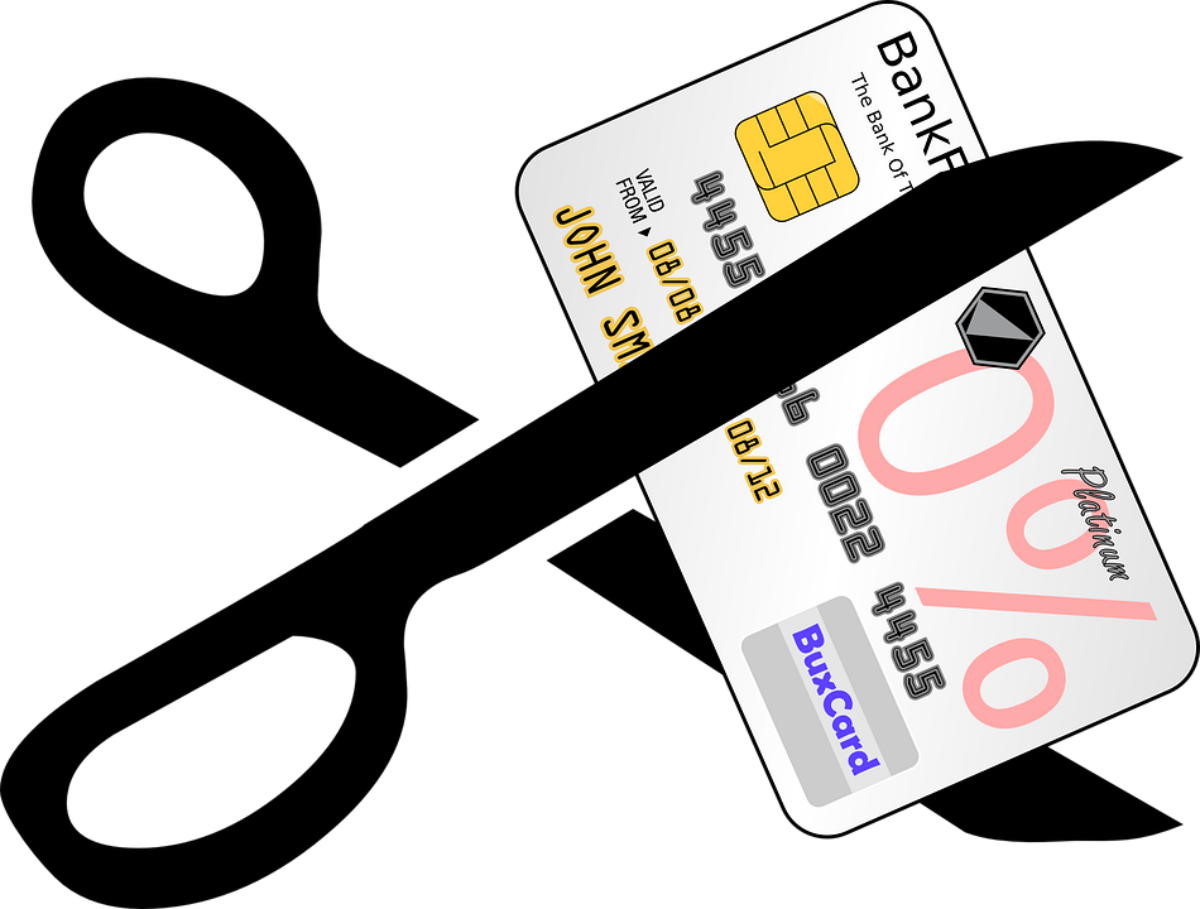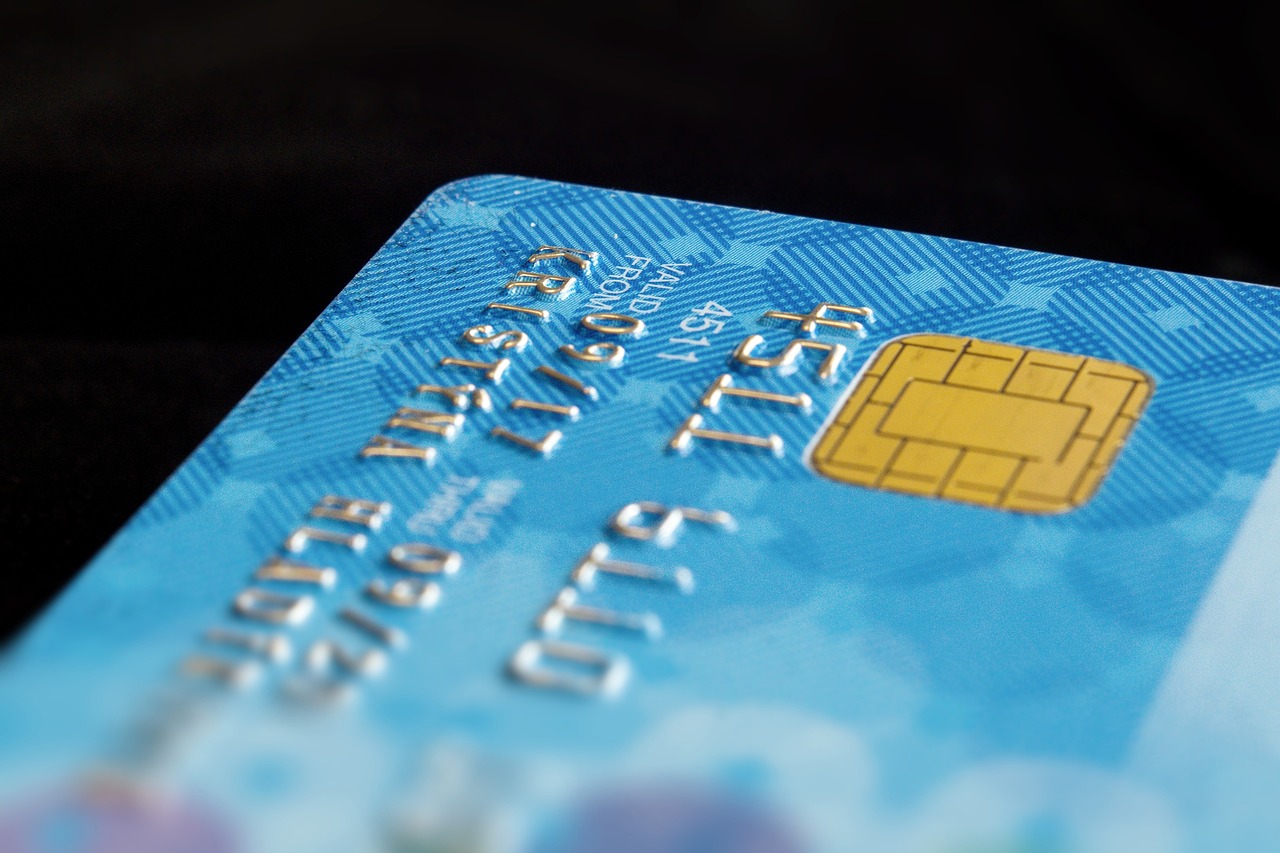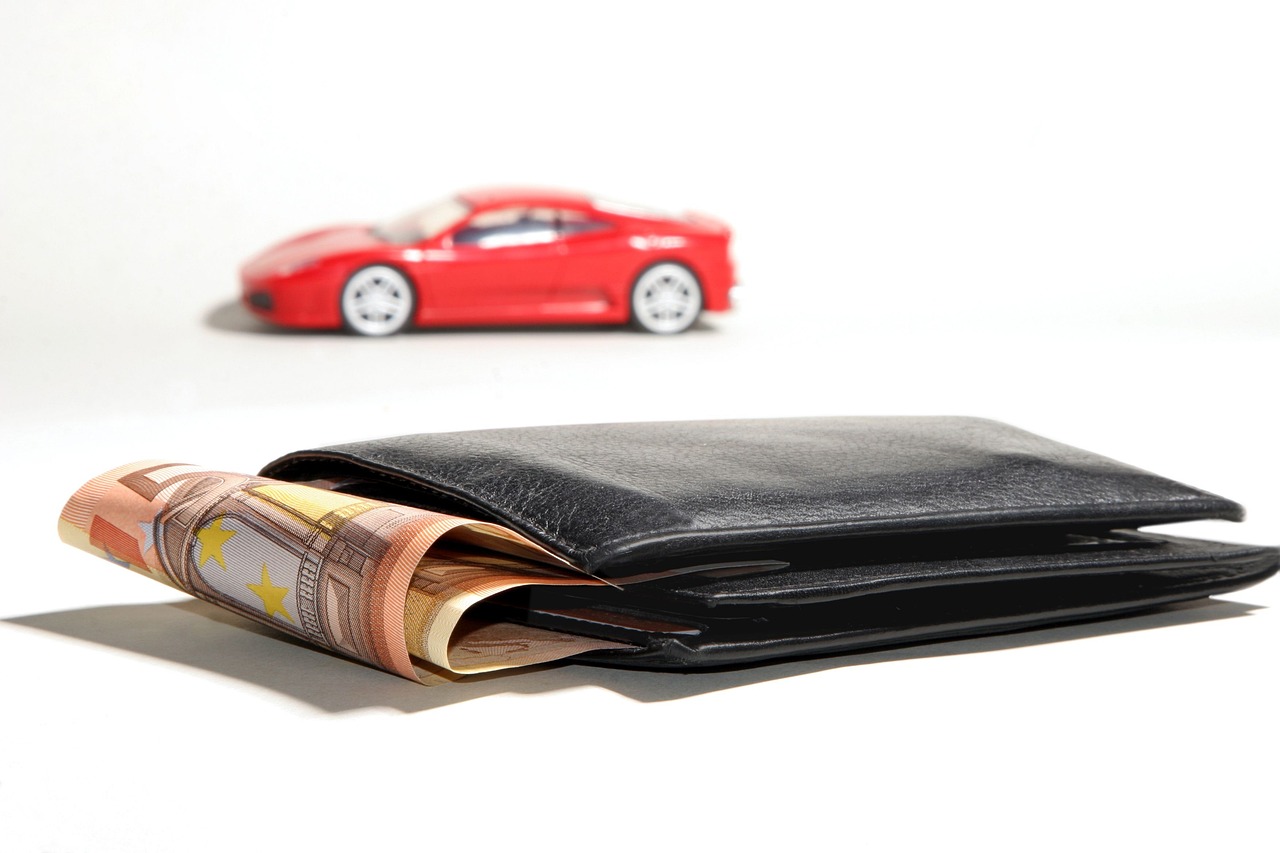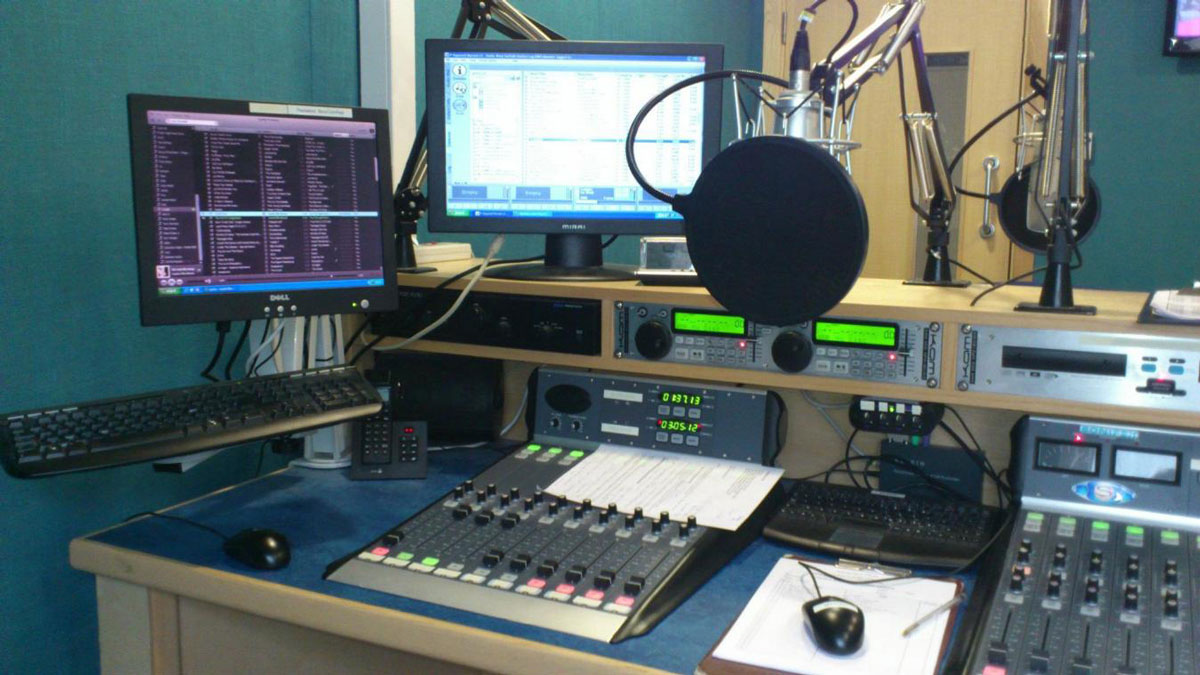Does Your Credit Need A Little Spring Cleaning?

As the weather finally grows warmer and the flowers start to bloom, you may find yourself in the mood for a little spring cleaning. Yet, in the midst of de-cluttering closets and dusting behind your appliances, be sure not to forget to give your credit reports some attention as well. Here are five spring cleaning ideas to get you jump started.
Check Your Credit Reports

You have the right to a free credit report from all three credit bureaus once every 12 months via AnnualCreditReport.com. If you have not already exercised your right to these free reports, now is the perfect time to check them. There are also a number of other websites where you can access your reports if you have already claimed your annual freebie copies.
Upon obtaining your three reports, you should review them very carefully, line by line and account by account. Look for errors or mistakes, and make a list of them if you find any.
Dispute Credit Reporting Errors

Another right which is afforded to you thanks to the Fair Credit Reporting Act (FCRA) is the right to dispute any information on your credit reports which is incorrect. This means if you discover a collection account that doesn’t belong to you, a balance which is incorrect, or any other errors you have the right to ask the credit bureaus to investigate.
When you submit a dispute, the credit bureaus generally have 30 days to investigate your claim. If the disputed account cannot be verified by the data furnisher (aka the company that reported the information to the credit bureaus in the first place), then the law requires the account be deleted from your credit reports. If the account is verified, then it will remain, although it may also be updated with new information.
Eliminate Credit Card Debt

Credit cards can be a great tool to help you build credit, but credit card debt is another story. In fact, if your credit reports show that you are revolving outstanding credit card debt, your credit scores may suffer.
Your revolving utilization ratio (the relationship between your credit card limits and your reported credit card balances) is extremely influential over your credit scores, whether they’re the FICO or VantageScore brand. When the balances on your credit reports creep upward, your revolving utilization ratio rises as well, which is not good. Paying down your credit card balances and thereby lowering your revolving utilization will likely give your credit scores a boost.
Consider Opening New Credit Accounts

If you already have a well-established credit history, this spring cleaning tip may be one you ignore. For people with only a few positive accounts on their credit reports, however, adding some new accounts might be helpful. Even with no credit or bad credit, you may be able to qualify for a secured credit card or a credit builder loan.
Additionally, if a loved one is willing to add you as an authorized user to a well-managed credit card account (no late payments and a low balance), your credit scores might benefit as well.
Break the Late Payment Habit

Late payments and high credit scores do not mix. In fact, you will find it impossible to ever earn great credit scores unless you break the late payment habit. Making or reviewing your monthly budget to address shortages or overspending may be a helpful way to avoid new late payments in the future.
Additionally, you can consider scheduling automatic drafts as a backup plan to help protect your credit in the event you ever accidentally forget to make a payment on your financial obligations.








